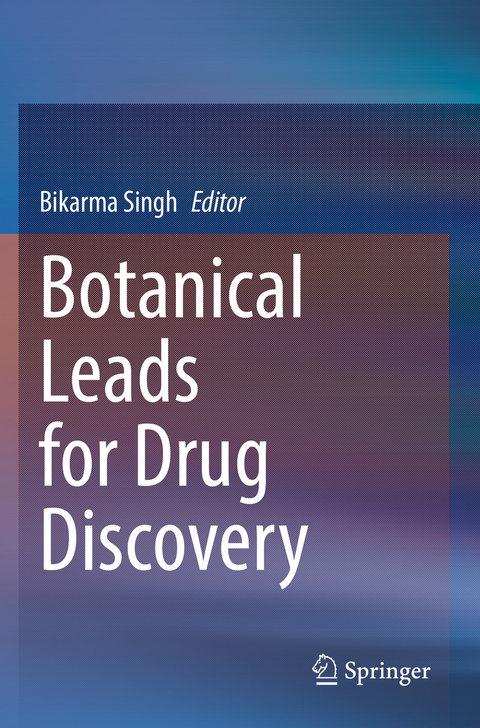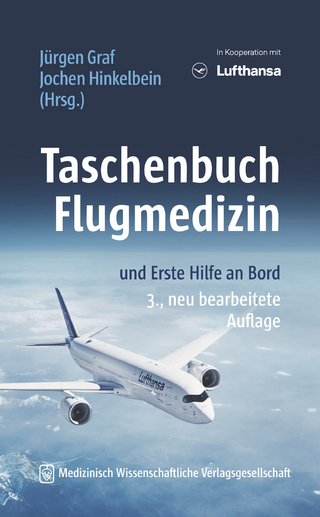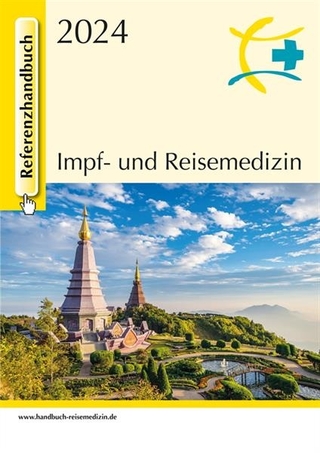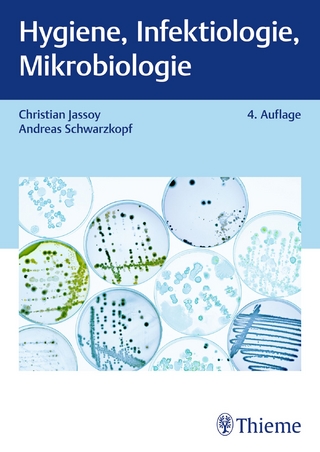
Botanical Leads for Drug Discovery
Springer Verlag, Singapore
978-981-15-5919-8 (ISBN)
This book gathers scientific expertise and traditional knowledge to promote the discovery and development of new formulations and drugs based on active ingredients and to provide guidance on taking these to clinical trials. It discusses major topics, such as how the phytochemical composition of many plants has changed over time due to factors like cultivation, which can have both positive and negative effects on the levels of bioactive compounds. It also explores the importance of plants as a valuable source of therapeutic compounds as a result of their vast biosynthetic capacity, and classifies them according to their intended use, safety and regulatory status. Further, the book offers insights into the regulatory aspects of botanical products, which is an important issue when considering standardization and quality assessment, and also examines the commercial aspects of plant-derived medications and their proven role in the treatment of chronic diseases such as heart disease, high blood pressure, pain, asthma, and other associated conditions. Given its scope, this book is a valuable tool for botanists, natural product chemists, pharmacologists and microbiologists involved in the study of phytochemicals for drug discovery.
Dr. Bikarma Singh is working as a Senior Scientist at the Indian Institute of Integrative Medicine (IIIM), J&K, which is one of India’s leading Council of Scientific and Industrial Research (CSIR) institutes. He is also an Assistant Professor at AcSIR, Ghaziabad, and a Ph.D. Supervisor in the University of Jammu. He graduated and received a gold medal in Plant Sciences (Botany) from the North-Eastern Hill University Shillong in 2005, and completed his Doctorate Degree in Botany at Gauhati University (Assam) and the Botanical Survey of India (Shillong) Meghalaya in 2012. He began his career as a Scientist-Ecologist at WAPCOS Ltd, Gurgaon and joined IIIM’s Department of Plant Sciences in 2013. Dr. Singh has 15 year’s research experience in Plant Sciences, particularly in systematic and biotechnology, ethnobotany, value addition from essential oils, natural products, ecology, germplasm conservation and EIA. He is a reviewer for several national and international SCI and UGClisted journals, and has organized numerous seminars and workshops. He was named an ‘Outstanding Scientist in Botany in 2019’ by Venus International Foundation, Chennai and two of his Ph.D. students received best research paper awards in 2019. He has authored/co-authored 9 books and published 88 research papers in peer-reviewed national and international journals. His notable publications include Plants for Human Survival and Medicine, Plants of Commercial Value, Plant-Human Relations & Future Drug Discovery. He holds 2 international patents, and has served as PI/Co-PI/team member for more than 40 research projects funded by government and private organizations. He is a member of several research committees, and has delivered invited talks as key-note speaker/lecturer at various conferences, seminars and workshops.
Chapter 1. Plant-Derived Drug Discovery: Introduction to Recent Approaches.- Chapter 2. Herbal Medicines as a Rational Alternative for Treatment of Human Diseases.- Chapter 3. Effect of Natural Products on Improvement of Blood Pathophysiology for Management of Sickle Cell Anemia.- Chapter 4. Anti-Inflammatory Activity of Medicinal Plants: Present Status and Future Perspectives.- Chapter 5. Cannabinoids as Promising Anti-Inflammatory Agent.- Chapter 6. Plant Volatile Organic Compounds and Neuro-Regenerative Health.- Chapter 7. Medicinal Plants and their Role in Inflammation: A Close Look on Future Drug Discovery.- Chapter 8. Phytochemistry and Pharmacological Activities of Rhodiola imbricata Edgew., a High Value Medicinal Herb of Cold Desert Himalaya.- Chapter 9. Phyllanthus amarus Schum. & Thonn. as Herbal Medicine: Ethnobotany, Phytochemistry and Pharmacology Aspects.- Chapter 10. Medicinal Applications of Cannabidiol from Genus Cannabis L.- Chapter 11. Genetic Variability in Ocimum L. Germplasm, Medicinal and Economic Potential for Value Addition and Product Development.- Chapter 12. Chemical Constituents and Pharmacological Activities of Marrubium vulgare L., an Important Medicinal Herb.- Chapter 13. Chemical Constituents and Pharmacological Activities of Marrubium vulgare L., an Important Medicinal Herb.- Chapter 14. Medicinal Value of High Altitude Plants of Indian Himalaya.- Chapter 15. Medicinal Plants of District Kupwara Used in Treatment of Human Diseases and Associated Biological Functions.- Chapter 16. Capsicum chinense Jacq.: Ethnobotany, Bioactivity and Future Prospects.- Chapter 17. Indigenous Plants Knowledge for Human Health Care from Jasrota Wildlife Sanctuary (Western Himalaya), India.- Chapter 18. Ethanobotany and Phytochemistry of Lantana camara L. (Verbenaceae).- Chapter 19. Cymbopogon winterianus Jowitt ex Bor, a Hub for Various Industrial and Pharmaceutical Applications.- Chapter 20. Botanical Sources, Chemistry and Biological Functionsof Berberine: A Critical Review.
| Erscheinungsdatum | 11.10.2021 |
|---|---|
| Zusatzinfo | 61 Illustrations, color; 52 Illustrations, black and white; XXVI, 468 p. 113 illus., 61 illus. in color. |
| Verlagsort | Singapore |
| Sprache | englisch |
| Maße | 155 x 235 mm |
| Themenwelt | Medizin / Pharmazie ► Medizinische Fachgebiete ► Mikrobiologie / Infektologie / Reisemedizin |
| Medizin / Pharmazie ► Medizinische Fachgebiete ► Pharmakologie / Pharmakotherapie | |
| Medizin / Pharmazie ► Pharmazie | |
| Naturwissenschaften ► Biologie ► Biochemie | |
| Naturwissenschaften ► Chemie ► Technische Chemie | |
| Technik | |
| Schlagworte | Botanical Leads • Drugs • Ethenobotany • Herbal Formulations • Phytopharmaceuticals |
| ISBN-10 | 981-15-5919-8 / 9811559198 |
| ISBN-13 | 978-981-15-5919-8 / 9789811559198 |
| Zustand | Neuware |
| Haben Sie eine Frage zum Produkt? |
aus dem Bereich


